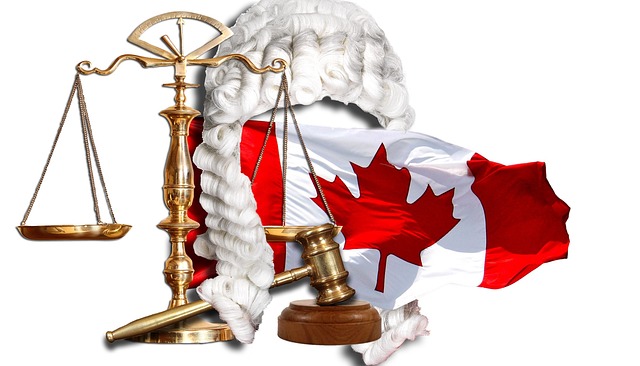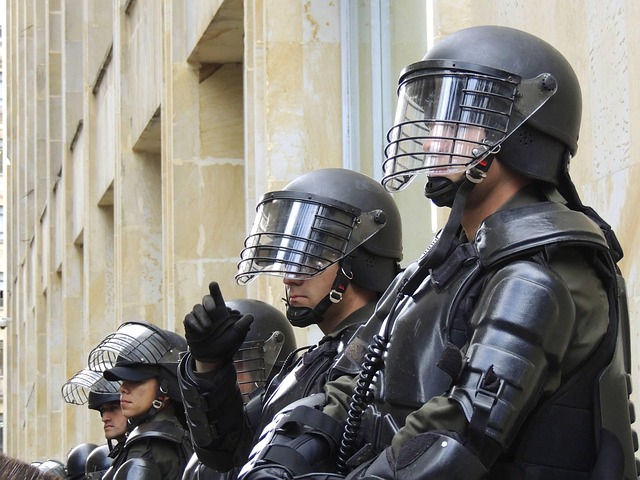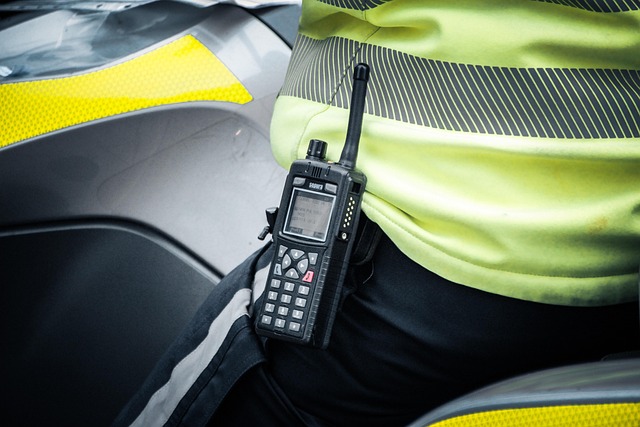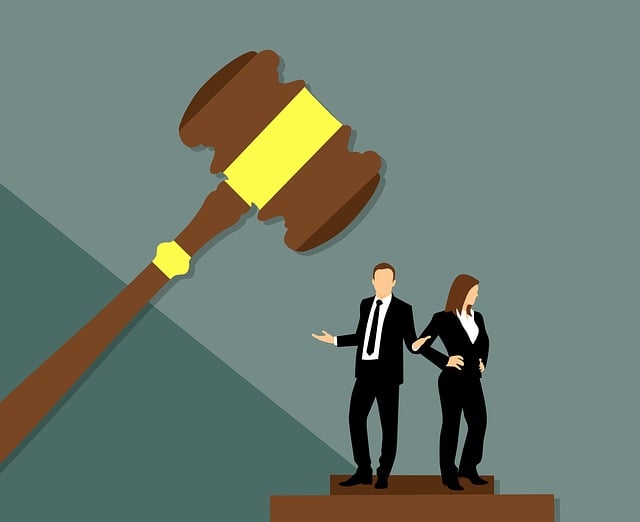Whistleblower Protection Lawsuits aim to safeguard individuals who expose illegal or unethical activities from employer retaliation, but face significant legal hurdles. Success requires overcoming robust defenses and meeting the Challenges in Meeting Burden of Proof in Court through meticulous documentation, a clear narrative, and strategic legal counsel. These cases demand a careful balance between protecting whistleblowers and maintaining organizational integrity.
“Uncovering Truth, Fighting Injustice: Exploring Whistleblower Protection Lawsuits and Their Complexities”
Whistleblower protection lawsuits play a pivotal role in exposing corporate wrongdoings and public interest violations. This comprehensive guide delves into the intricate world of these legal battles, focusing on understanding the evidentiary challenges and strategic approaches to navigate the burden of proof. By examining key aspects like evidence collection, legal precedents, and successful strategies, this article offers valuable insights for both whistleblowers and legal professionals tackling these complex cases, highlighting the importance of robust proof in court.
- Understanding Whistleblower Protection Lawsuits: A Comprehensive Overview
- The Evidentiary Challenges in Proving Whistleblower Claims
- Navigating the Legal Landscape: Strategies for Meeting the Burden of Proof
Understanding Whistleblower Protection Lawsuits: A Comprehensive Overview

Whistleblower Protection Lawsuits are designed to safeguard individuals who expose illegal or unethical activities within their organizations from potential retaliation. When a whistleblower takes on their employer, navigating the legal landscape can be complex. Understanding the challenges in meeting the burden of proof in court is paramount for achieving extraordinary results. These cases often hinge on intricate facts and require meticulous documentation to establish a compelling narrative.
Whistleblowers face an uphill battle when presenting their case against powerful institutions. They must overcome robust legal defenses, including challenges to their credibility and motivations. Winning challenging defense verdicts in these lawsuits demands robust general criminal defense strategies, emphasizing the distinction between ethical disclosure and malicious intent.
The Evidentiary Challenges in Proving Whistleblower Claims

Whistleblower protection lawsuits often face significant evidentiary challenges when it comes to proving the claims in court. The challenges in meeting the burden of proof can be complex, especially considering the sensitive nature of whistleblowing cases. Plaintiffs must navigate a web of legal complexities and present robust evidence to support their allegations against respective businesses or government entities.
These cases often involve intricate facts, requiring thorough investigation and documentation. A successful winning challenging defense verdict relies on demonstrating that the whistleblower’s concerns were genuine, well-founded, and that they faced retaliation due to their actions. Legal teams must carefully construct a narrative that overcomes potential counterarguments from general criminal defense strategies, ensuring the court understands the significance of protecting whistleblowers while maintaining organizational integrity.
Navigating the Legal Landscape: Strategies for Meeting the Burden of Proof

Navigating the legal landscape in whistleblower protection lawsuits presents unique challenges when it comes to meeting the burden of proof. Whistleblowers often face a daunting task of proving their claims, especially when they are up against powerful entities within corporations or government bodies. The complexity arises from the need to demonstrate not just that wrongdoing occurred, but also that it was disclosed in a manner protected by the law.
Overcoming these challenges requires strategic legal approaches. One key strategy is to meticulously document every step taken as a whistleblower, including internal complaints, external disclosures, and any retaliation faced. Building a strong narrative through evidence can significantly aid in convincing judges or juries that the actions were indeed protected disclosures. Additionally, engaging experienced legal counsel who understand whistleblower protection laws and have a track record of success in similar cases is crucial for navigating these complex proceedings, potentially leading to complete dismissal of all charges if the burden of proof is successfully met.
Whistleblower Protection Lawsuits play a vital role in upholding justice and transparency within organizations. While these cases offer a powerful tool for exposing wrongdoing, they also present significant evidentiary challenges. As highlighted throughout this article, understanding the legal landscape and employing effective strategies to meet the burden of proof are crucial steps towards successful outcomes. By navigating the complexities with thorough preparation and innovative approaches, individuals can ensure their voices are heard and accountability is achieved.






